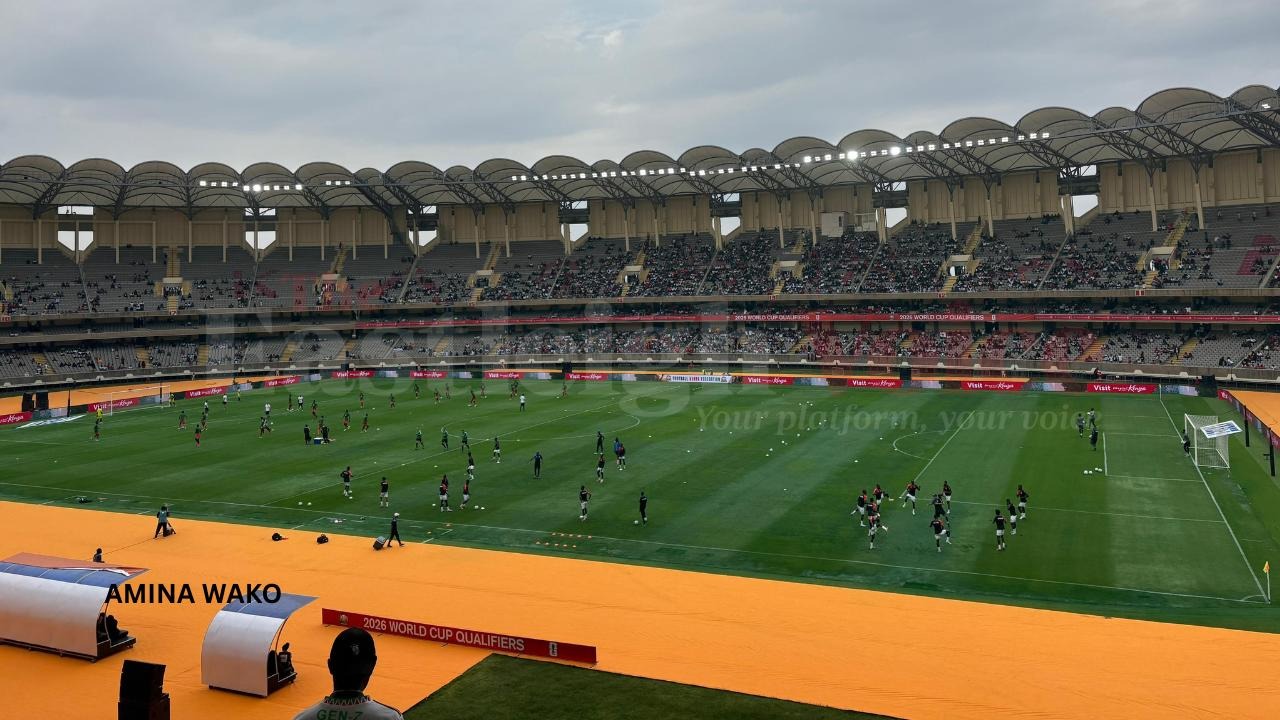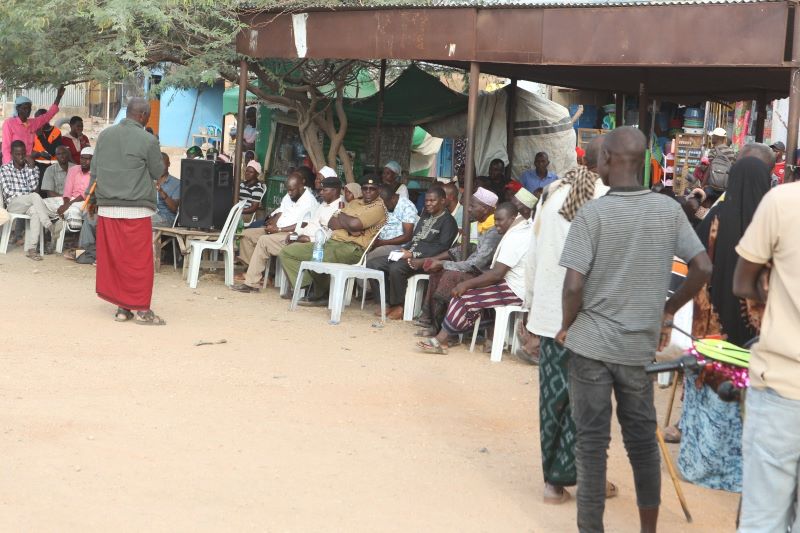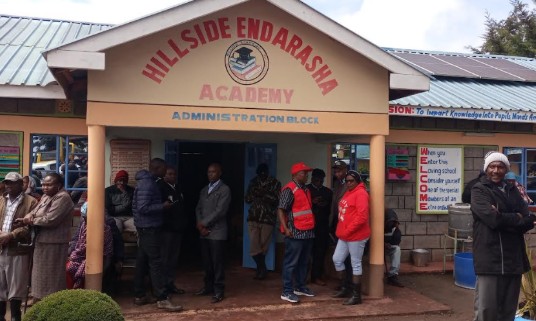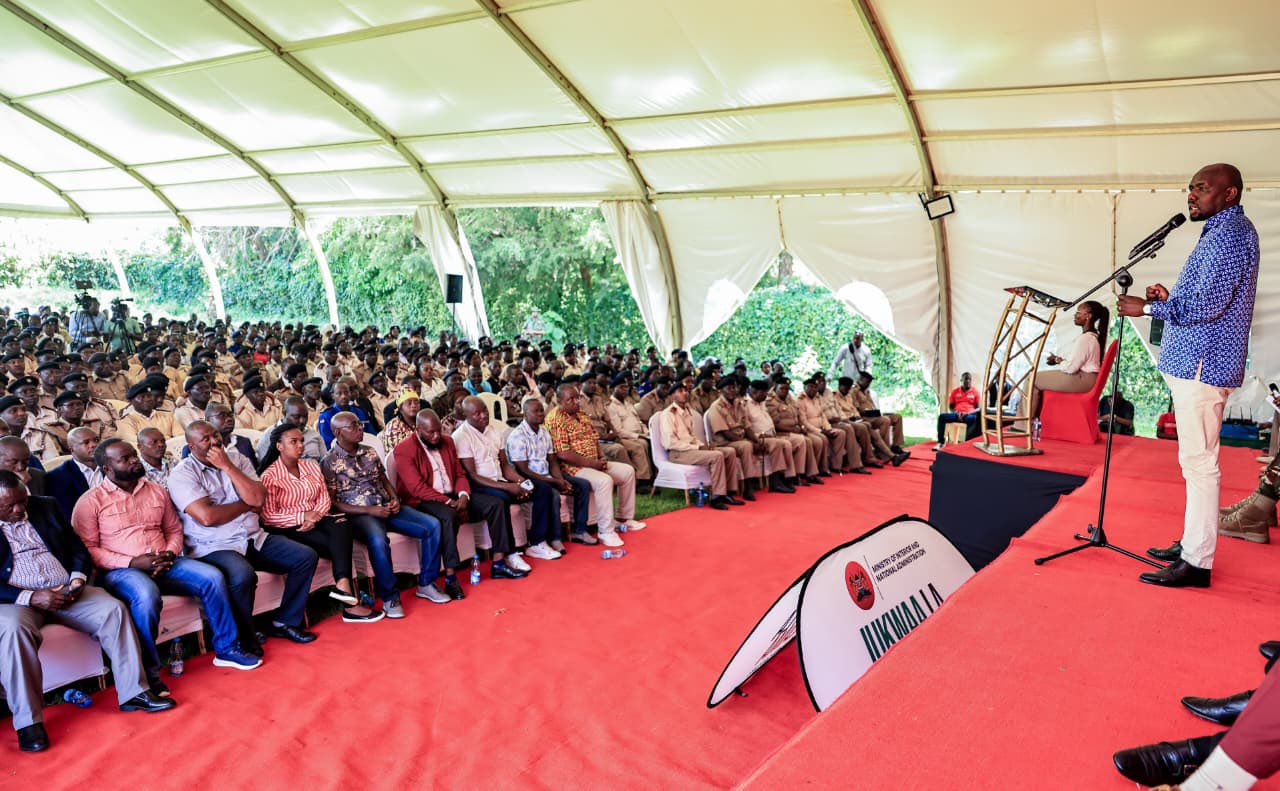Court gives IEBC 7 days to appoint Meru returning officer or clear deputy governor nominee

In his judgment, Justice Githinji stated that the nomination met all constitutional and legal requirements, faulting the IEBC for unlawfully obstructing the process.
The High Court has given the Independent Electoral and Boundaries Commission (IEBC) seven days to appoint and gazette a returning officer for Meru County; otherwise, Linda Gakii Kiome will be automatically cleared as the deputy governor nominee, allowing the Meru County Assembly to proceed with her vetting and approval.
Justice Stephen Githinji ruled that IEBC Chief Executive Officer Marjan Hussein Marjan must carry out the appointment within the stipulated period. Failure to do so will trigger automatic clearance of Kiome, ending the delay that has stalled her approval.
More To Read
- Supreme Court rules IEBC secretariat cannot undertake core electoral duties
- IEBC spells out qualifications for candidates as 23 seats go to by-elections in November
- ODM announces by-election fees, nomination guidelines
- IEBC announces resumption of continuous voter registration from September 29
- Raila slams IEBC, NPS and DPP, says they have failed Kenyans despite 2010 Constitution gains
- MPs call on IEBC to curb soaring election costs by regulating legal fees
Governor Mutuma M’Ethingia nominated Kiome as his deputy after he took office following the impeachment of former governor Kawira Mwangaza.
However, her approval has been delayed due to IEBC’s failure to confirm her eligibility, including compliance with Chapter Six of the Constitution on leadership and integrity.
In his judgment, Justice Githinji stated that the nomination met all constitutional and legal requirements, faulting the IEBC for unlawfully obstructing the process.
Obvious injustice
“The court cannot declare itself powerless in the face of an obvious injustice, because it is enjoined by the provisions of Article 23 of the constitution to fashion appropriate reliefs to safeguard fundamental constitutional rights and freedoms,” Justice Githinji said.
The judge further noted that the law does not allow for a vacancy in public office, and public interest demands continuous governance, service delivery and political stability in Meru County.
“In the event of failure by the respondent (IEBC) to comply with the prayers granted within seven days, the petitioner (Kiome) shall be deemed to have been cleared and the approval process by the 1st interested party (county assembly) shall proceed from where it had reached,” Justice Githinji ruled.
Kiome had sought IEBC clearance before her scheduled vetting on April 7, but was left waiting indefinitely.
IEBC CEO's administrative duty
She argued that the clearance of a duly nominated deputy governor is an administrative duty for the IEBC CEO, and the commission’s failure to clear her violated several constitutional provisions.
The petitioner explained that IEBC did not clear her nor gazette a county returning officer to validate her eligibility and formally announce her nomination as deputy governor. This delay, she said, prejudiced her chances of approval by the county assembly.
The Meru County Assembly, through its clerk Jacob Kirari, supported the petition, stating it had been informed of Kiome’s nomination and that her name had been submitted for vetting. A select committee had set a vetting date and sought public input, but the process was postponed because the IEBC had not issued a nomination certificate.
Kirari warned that under sections 32(D) and 3(B) of the County Governments Act, Kiome might be approved automatically without the assembly’s input. He said granting the court orders was in the interest of Meru’s residents.
The IEBC, represented by lawyer Charles Mwongela, opposed the case, arguing that the power to clear candidates rests with the commission as a whole, not the CEO alone. He explained that the CEO’s inaction was due to adherence to legal procedures, not arbitrariness or neglect.
Mwongela further stated that the CEO is not a commission member as defined in section 5 of the IEBC Act, and therefore cannot appoint a county returning officer responsible for clearing candidates and conducting elections.
Top Stories Today

















































